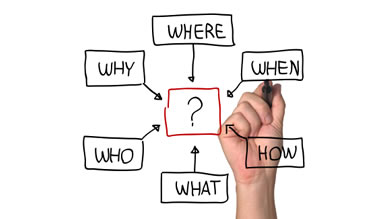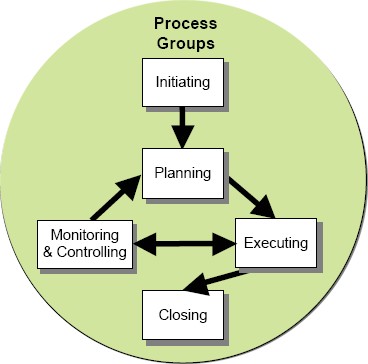Productivity is never an accident. It is always the result of a commitment to excellence, intelligent planning, and focused effort. Paul J. Meyer

Project management basics
Project management is a really substanial part of our YEL project. Since we want to support active role of students, it is substantial to know HOW to plan, execute and evaluate their activities.
Project managemet is the tool to do so succesfully. That is why we need to develop project management skills in our YEL clubs.
PMI (2010). A Guide to the Project Management Body of Knowledge p.27-35
"Traditionally, project management includes a number of elements: four to five project management process groups, and a control system. Regardless of the methodology or terminology used, the same basic project management processes will be used. Major process groups generally include:
In project environments with a significant exploratory element (e.g., research and development), these stages may be supplemented with decision points (go/no go decisions) at which the project's continuation is debated and decided. An example is the Phase–gate model."

1. Initiation:
Is the core of any project. All the basic conditions should be defined in this stage. No project can be succesful without the proper and reasonable initiation.
First of all you need to define your goals. What do we want to achieve? Goals should be real, measurable and achivable.
(We want to make more people aware of global warming. We want to find a way how to improove greenhouse gasses situation in our school. We want to show people that it is easy to make steps to avoid climate change. We want to start recycling in our school.)
Secondly, think carefully about the resources involved in the project - both human and material.
(Do we have motivated people to develop the project? Is this project interesting for participants? Do we have enough money to get all the materials needed? ...)
2. Planning:
Detailed plan of the project. This means strict time and resource (human and material) management of every single task and subtask of the project. Plan "B" should be planned as well, the "what if" situations should be discussed.
(1st task - a "climate change day" in school - 23.1.2016 - human resources (people involved with their task), material resources (things we will need)
1.1 Subtask - Informational campain in school to inform people about the "climate change day" in school (TV, radio) spots - 21.-22.1.2016 - (who will create them) / (what we need to create them)
1.2 Subtask - Create a workshop for the "climate change day" where students will perform experiments related to the topic - 14.-18.1.2016 - (who will create them) / (what we need to create them) ...)
3. Executing
It is very important to have a management team that will coordinate the whole project. These people wil care about the whole project, while others will care ONLY about their tasks. Everybody needs to understand their task to perform well.
4. Monitoring and controlling
If whatever goes wrong, it is crutial to coordinate further steps. Reality is always more complex than any plan. Planned activities almost always need corrections to be succesfully performed. Always keep in mind the goals of your project!
5. Closing
Never forget to evaluate your project after its finished. This is the most important "learning" phase. Try to understand what was good in the project and why and what didnt work and why. Then apply this experience in the future project.
More videos:
https://www.youtube.com/user/projectmanagervideos